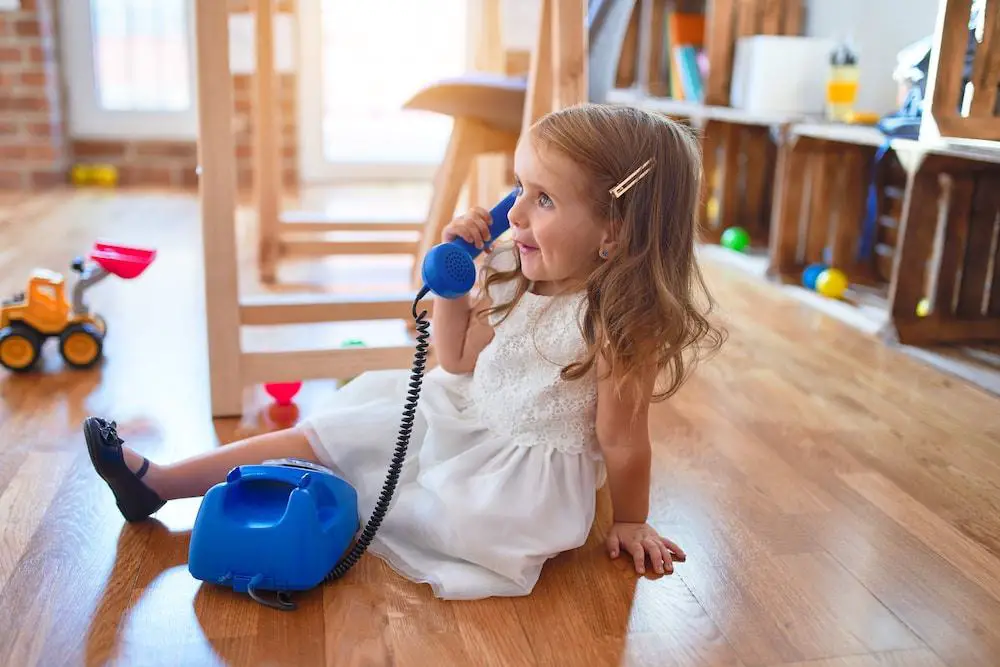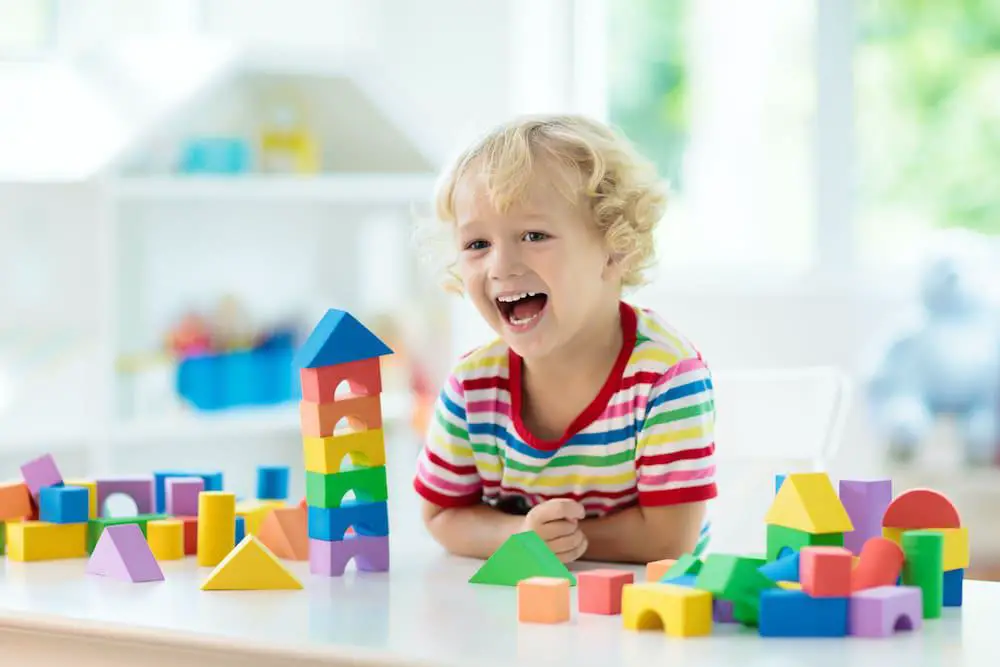It’s important to ensure that your child is developing correctly, but that doesn’t mean you should compare yours to another child because everyone is different.
In terms of speech development issues, they take one form or another leading to the question what is global speech delay?
When your child has this condition, it means that he or she has trouble with language and speech.
But what is language delay? How is it different from speech delay? And what are the possible causes and contributing factors to global speech delay?
Why You Shouldn’t Compare Children
Most parents talk to other parents of children who are similar in age, so it’s easy to compare yours to the other.
For example, one parent might be thrilled that their child talks in complete sentences while another rolled over at three months old.
These conversations about typical milestones are quite common and a reason to be proud of your little one.
As your baby develops, you likely want to share that information with others. Comparing, though, is a bad idea.
Your three-year-old might not be talking in full sentences, but that doesn’t mean there’s a big problem.
Often, kids just start talking a little later. However, there are concerns at times, and you should discuss them with your pediatrician.
Skill Development: The Five Areas
Kids develop skills gradually and not on a doctor’s timetable. Understanding the different developmental stages is important to avoid panicking and worrying.
Here are the five developmental areas you need to know about:
1. Cognitive or Thinking Skills
Here, the child develops the skills to learn, think, and solve problems.
This is how they explore what’s around them with their hands, ears, and eyes.
For babies, they look curious. Toddlers do that, too, plus they also learn new words, name colors, and start counting.
2. Emotional and Social Skills
With these skills, your child focuses on relating to others, including controlling and expressing their emotions.
Babies often smile at other people and make sounds for communication.
Toddlers and preschoolers might ask for help, express and show their feelings, and learn to get along with people.
3. Language and Speech Skills
With this skill, children can understand and use language. Babies will babble and coo, while older children know what you say and use words properly.
4. Gross and Fine Motor Skills
Fine motor skills include using small muscles, such as those found in our hands, to grasp objects.
As they get older, they might draw and work with objects.
Gross motor skills use the larger muscles. Babies use them to roll over, sit up, and crawl, while older children can climb stairs, run, and jump.
5. Daily Activities
This last skill is the one that allows your child to handle routine tasks like dressing, eating, and bathing.
Often, this doesn’t happen as toddlers, but it is a good way to assess if things are developing right for older children.
An Overview of Developmental, Language, and Speech Delays
Before we can understand what is global speech delay, we must first learn about development, language, and speech delays.
Developmental Delay
You can see that you’ve got many ways to compare your child to another, but minor variations in the milestones aren’t often something to worry about.
For example, if your baby isn’t rolling over and they are four months old, they might be behind in that single skill.
However, if your baby is four months old and can’t roll over, push up from the tummy, or rollover, that might be a developmental delay.
A developmental delay means more than being slow to develop or a bit behind.
It means that the child is always behind when trying to gain the skills they should have at a certain age.
Developmental delays can happen in a single area or multiple ones.
Language vs. Speech Delays
Language and speech go hand in hand, but delays in either are different.
For example, if your child has a language delay, he or she might say the words but be unable to put them together.
On the other hand, those with speech delays might use the words correctly but not say them in a way you can understand.
If your child has one or the other, it’s often easy to correct.
For example, you may want to read to them to help them hear how words should sound. Pointing to the words while you say them can also help.
It’s also a good idea to consider various activities and exercises that help with speech delay.
These can include things like blowing bubbles, singing songs, and giving choices when asking questions.

What Is Global Speech Delay?
If your child has trouble with speech and language, it indicates that they have a global speech delay, and it can lead to a global developmental delay.
It’s easy to feel that it’s your fault your child has a global speech delay, but the causes and risk factors are usually beyond your control.
Possible Causes and Risk Factors
Sometimes, the cause of the delay isn’t known, but here are the most common ones and possible risk factors:
1. Multilingual Home
If you teach your child another language, that isn’t going to lead to speech problems.
However, it can seem like they’re delayed in both languages because they are learning two simultaneously. Give them a little extra room to develop here.
2. Hearing Loss
Another example of something out of your control is when your child suffers temporary hearing loss from an ear infection.
This is very common for toddlers and babies, but it will go away on its own. You just have to be patient with your kids.
3. Certain Medical Conditions
Often, your child might experience vision problems, chronic ear infections, and other illnesses or conditions.
Middle ear infections are the most common. This condition makes it hard for your child to hear what is being said.
They also can’t mimic it or learn from it. Thus, even if you talk to your child all the time, it does no good if they can’t comprehend or hear you.
4. Birth Complications
If your baby was born prematurely, this can indicate that there could be speech delays.
Other complications can include not getting proper oxygen levels at birth and having a low birth weight.
Generally, you cannot control these things.
5. Environmental Issues
When you’re pregnant, if you expose your baby to drugs or alcohol, it could cause speech delays later.
Difficult family issues, trauma, poor nutrition, and lead poisoning can also indicate trouble with speech later in life.
Cognitive Impairment and Global Speech Delay
Often, when your kid has a global speech delay, it may also indicate that there could be cognitive issues.
Cognitive impairment is when a person can’t remember easily, has trouble concentrating, and can’t seem to learn new things.
Autism is a form of cognitive impairment and indicates that you will have more issues trying to teach your child to talk. It’s not necessarily impossible, but it’s a challenge.
At this time, you probably turn to professionals to work with your kids.
Many times, they get the help they need quickly enough to talk like other children by the time they go to school.
However, it depends on the cognitive impairment they have and the resources available to them.
As such, seeking the professional advice of a doctor is highly recommended.
Does Your Child Have Global Speech Delay?
Wrapping up, your child might have a global speech delay if he or she has issues with language and speech.
However, global development delay is similar and can be part of global speech delays, so it’s best to know what both are.
Of course, you should also focus on ways to help your child and identify the specific problem of your kid.
Going to audiologists and other specialists should be a top priority to rule out hearing loss and other conditions.
Still, please continue reading to your kids and helping them learn by playing games.

